Understanding the Types of Property Titles and Documents in Nigeria
Before acquiring landed properties in Nigeria, buyers should understand the types of property titles and documents which are crucial to ensure your investment is secure. Property titles are legal proofs of ownership while supporting documents validate and authenticate these claims. This article explores the various types of property titles and documents in Nigeria, from the basic to the most critical.
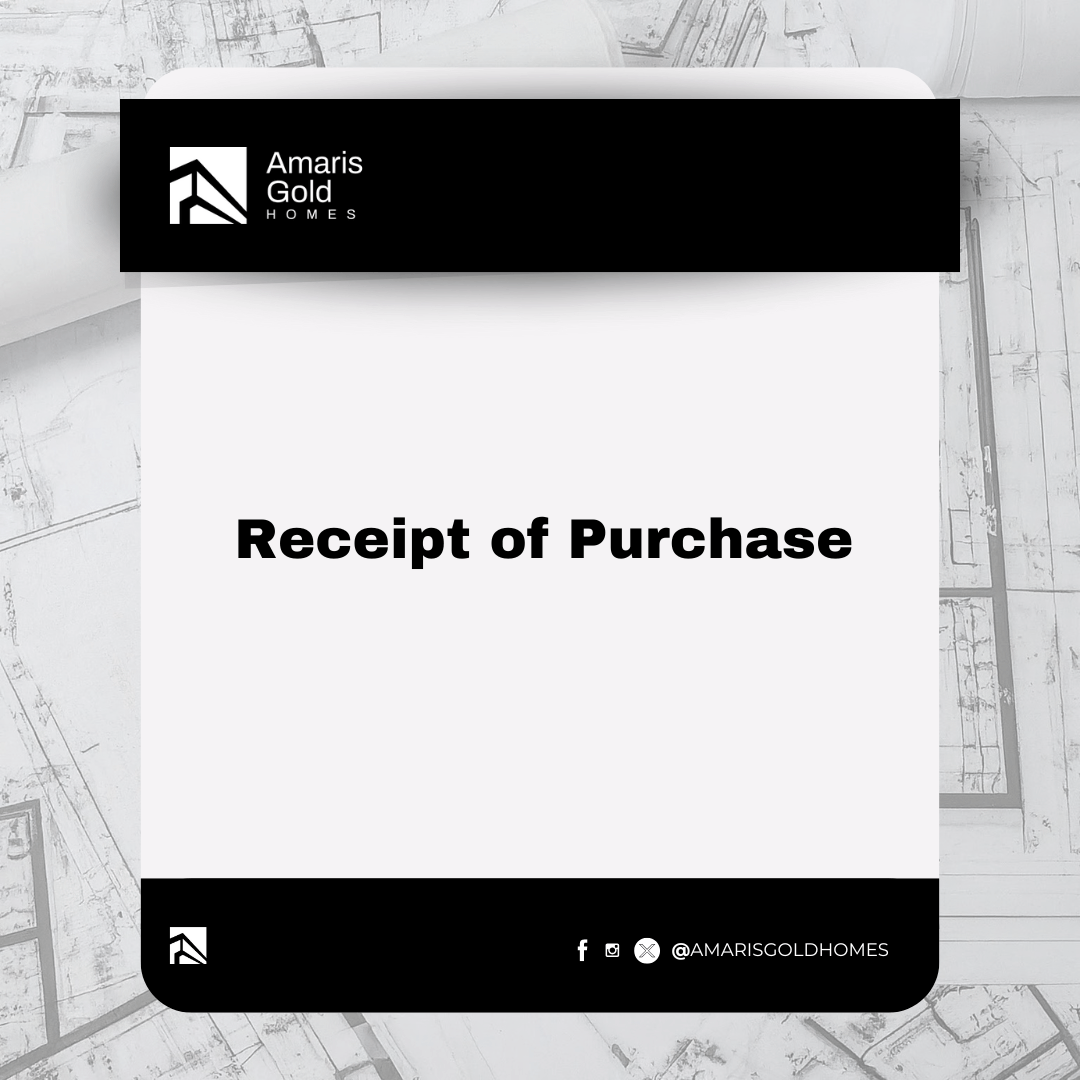
1. Receipt of Purchase
A receipt is often the first document a buyer receives after paying for a property. It serves as evidence of payment and a preliminary acknowledgement of a transaction. However, it is not legal proof of ownership. Buyers must ensure more substantial documents accompany this receipt.
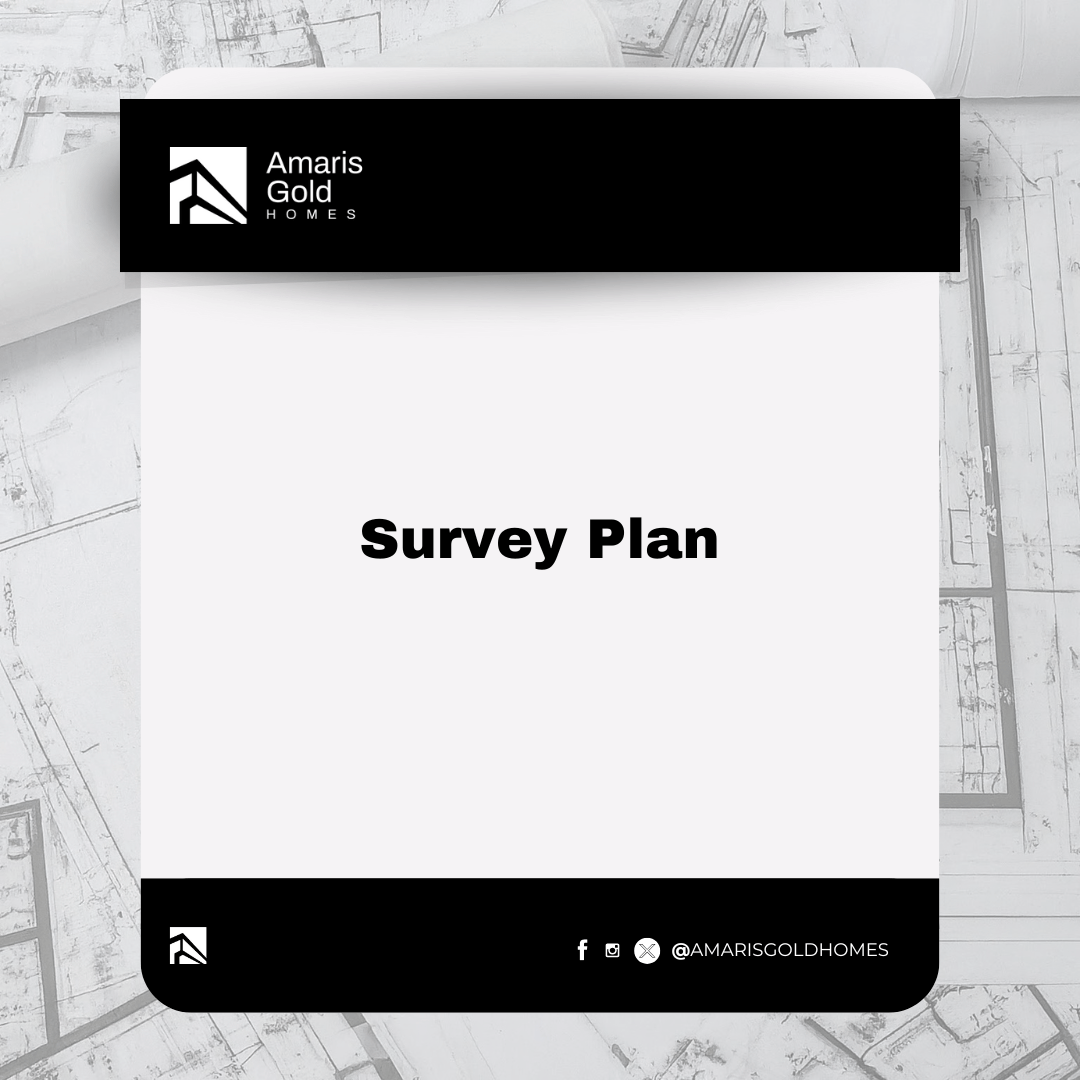
2. Survey Plan
A survey plan shows the exact dimensions and location of the land. It identifies whether the land is under government acquisition or free from encumbrances. While it is not a title document, it plays a role in the due diligence process when purchasing land in Nigeria.
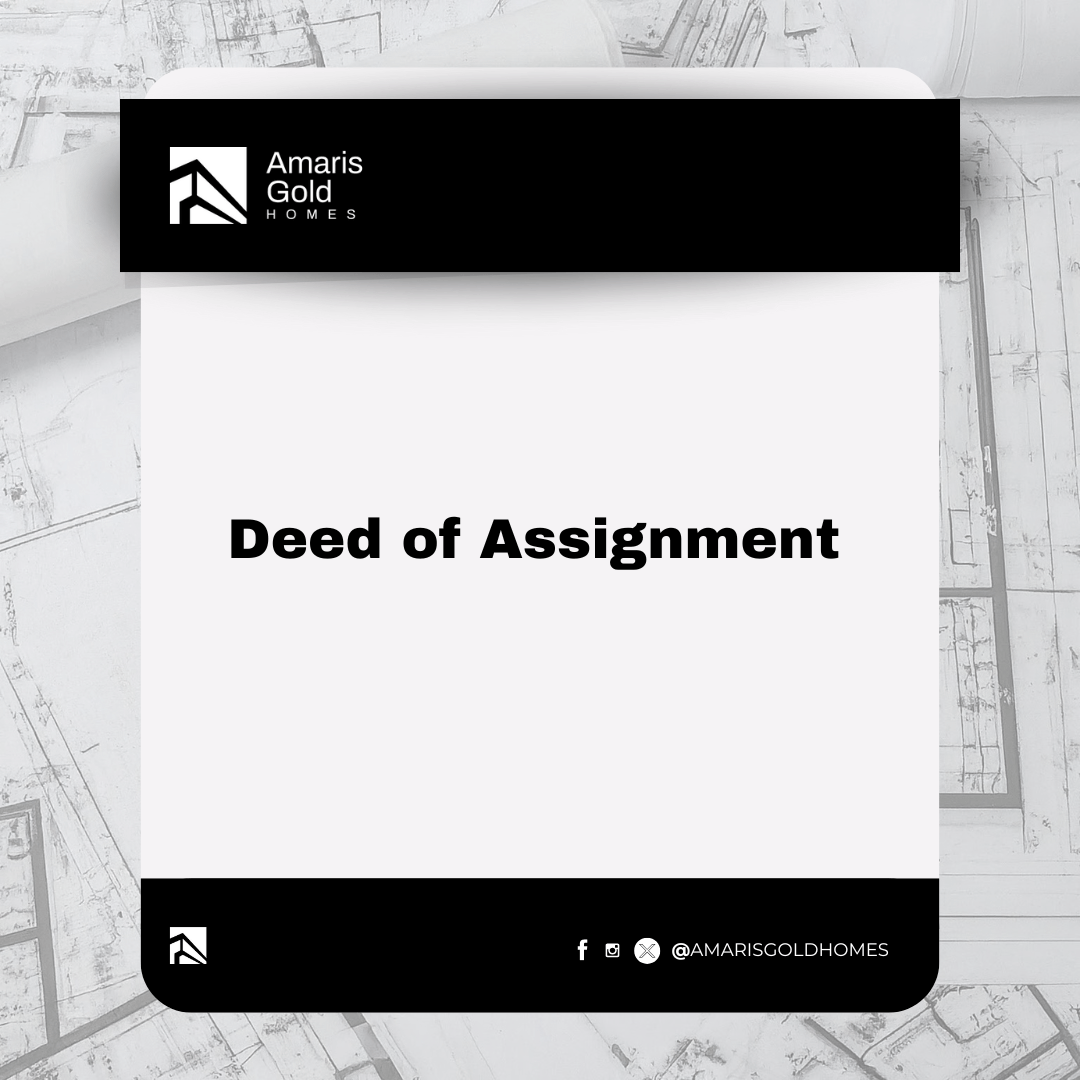
3. Deed of Assignment
The deed of assignment is a legal document that transfers property ownership from the seller to the buyer. It outlines the transaction terms and provides proof of the buyer's interest in the property. A deed should be registered at the Land Registry to gain legal recognition.
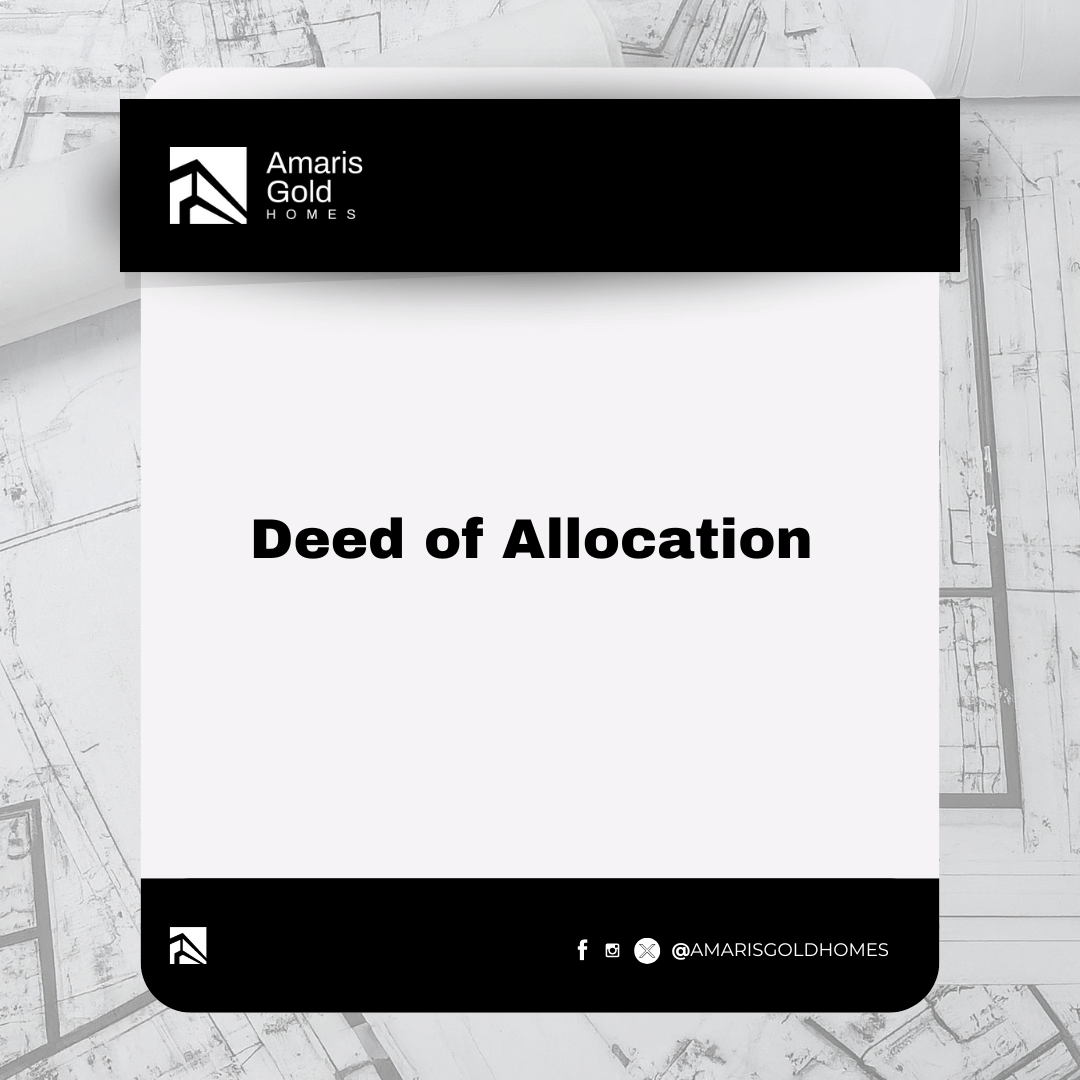
4. Deed of Allocation: This a legal document issued by government authorities, private estate developers, or land allocation committees to allocate a specific parcel of land to an individual or entity. It is commonly used in land sales or distribution schemes, particularly in government-owned or privately developed estates.
The Deed of Allocation specifies the details of the allocated land, such as its location, size, and boundaries. This document serves as clarity that the holder has been allocated the land and has the right to occupy or develop it. However, it is worth noting that the Deed of Allocation is not a title document.
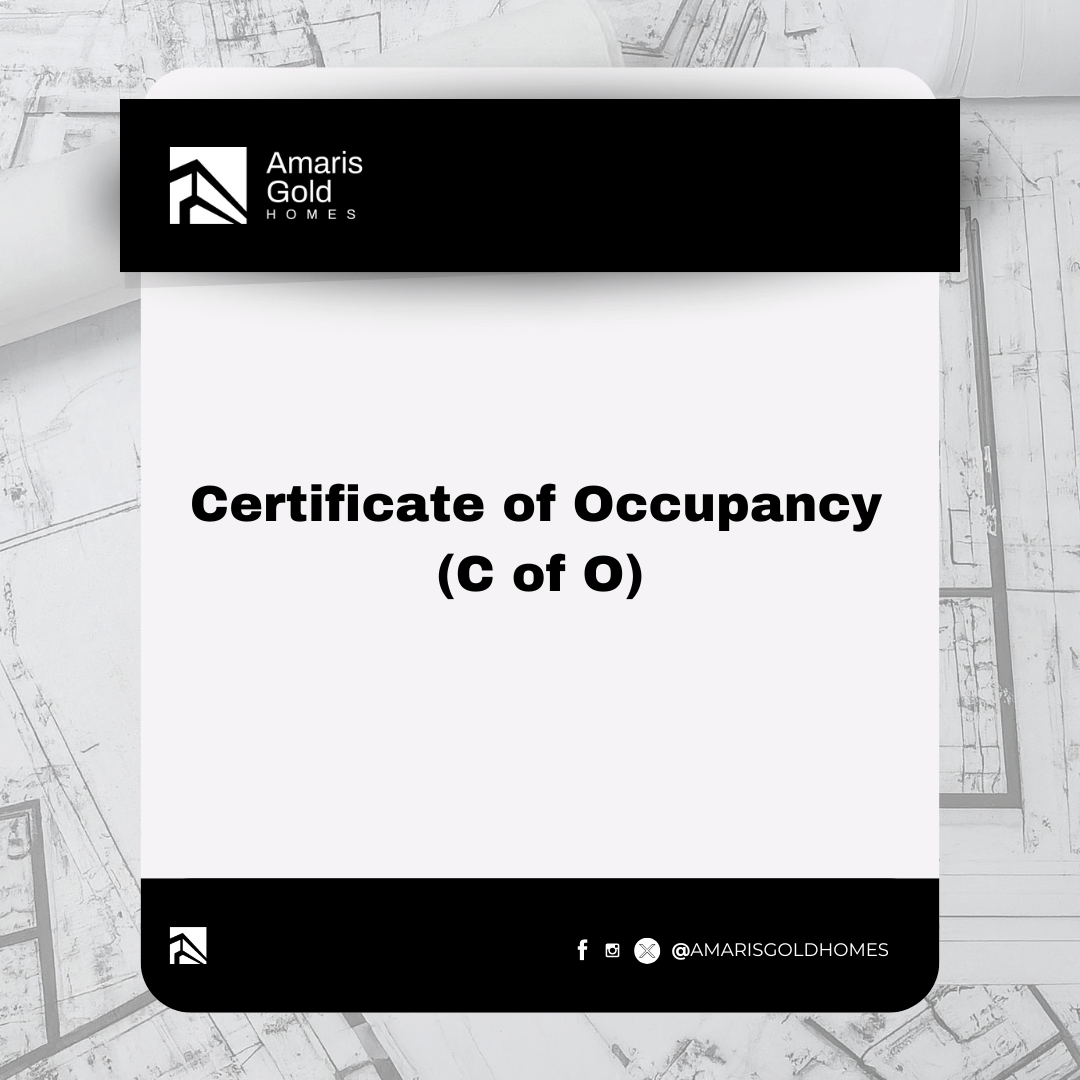
5. Certificate of Occupancy (C of O)
The Certificate of Occupancy is a recognized property title in Nigeria. Issued by state governments, it confirms the holder's right to occupy and use the land for 99 years. A C of O is essential for a property previously unregistered.
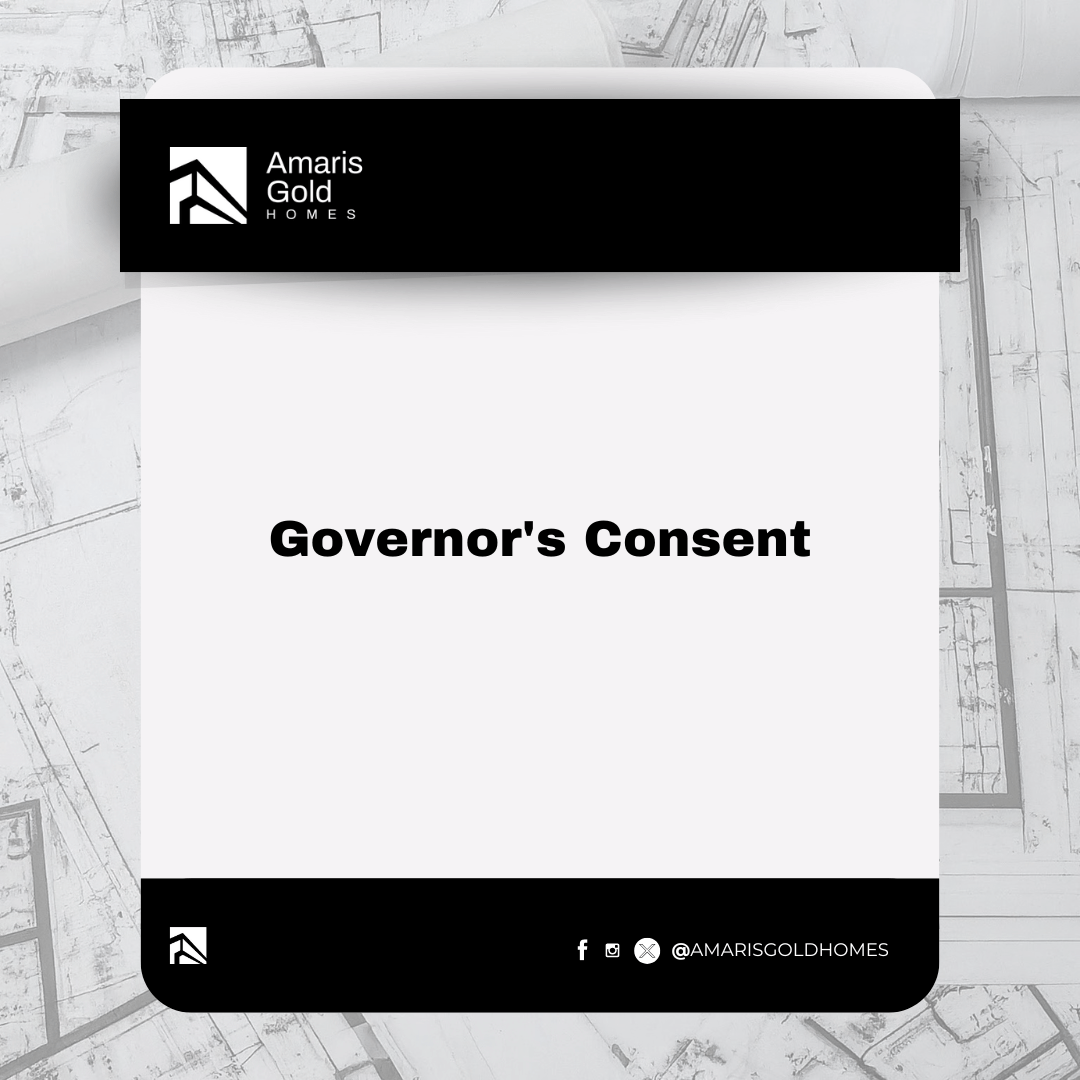
6. Governor's Consent
In Nigeria, the Land Use Act of 1978 mandates that any transfer or assignment of property with a Certificate of Occupancy must have the Governor's Consent. This document signifies government approval for the transaction and further secures the buyer's ownership rights.
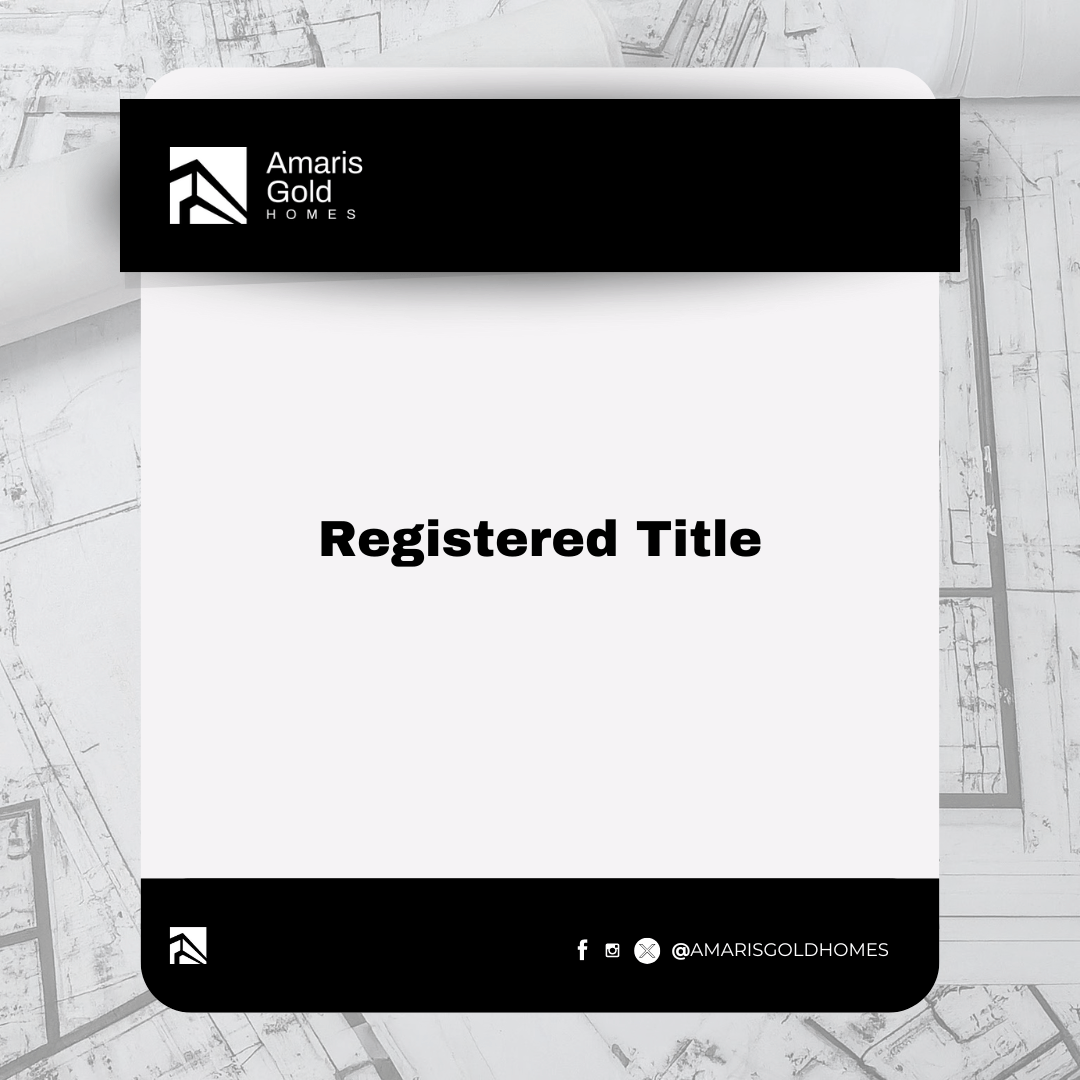
7. Registered Title
A registered title is the most secure property document in Nigeria. It demonstrates that the property has been duly registered in the government land registry, eliminating potential disputes or conflicting claims. Property with a registered title provides maximum assurance to buyers and investors.
Conclusion
Understanding property titles and documents in Nigeria is vital for making informed real estate decisions. From the initial receipt to the prestigious registered title, each document has a unique role in establishing and safeguarding property ownership. Always seek legal advice and verify property documents through proper channels before concluding any transaction.
Newsletter
Stay Ahead in Real Estate! Get market insights, exclusive listings, and expert tips in your inbox.
Join our community of savvy investors.
Subscribe now!
© 2025 Amaris Gold Homes - All rights reserved.




